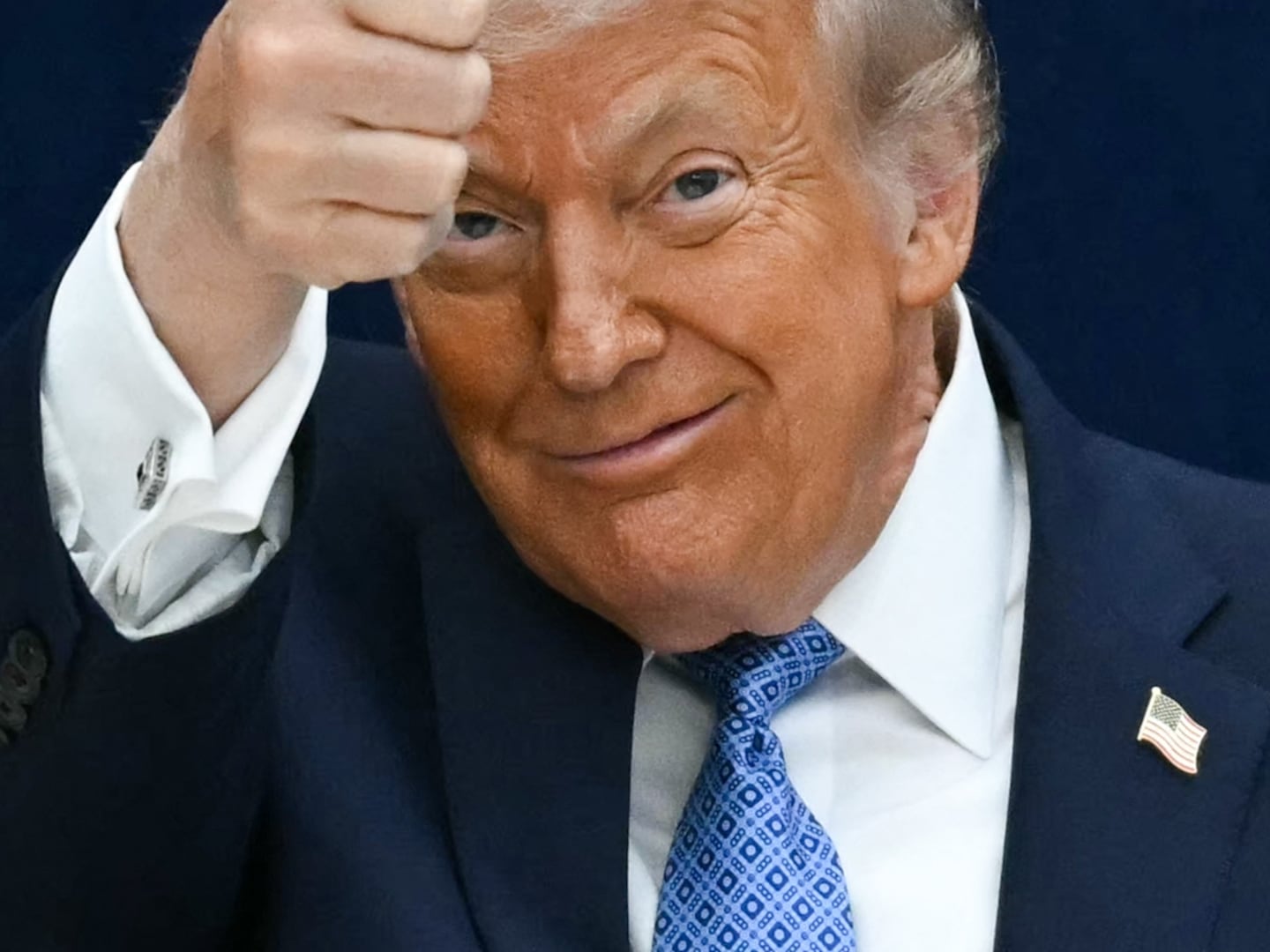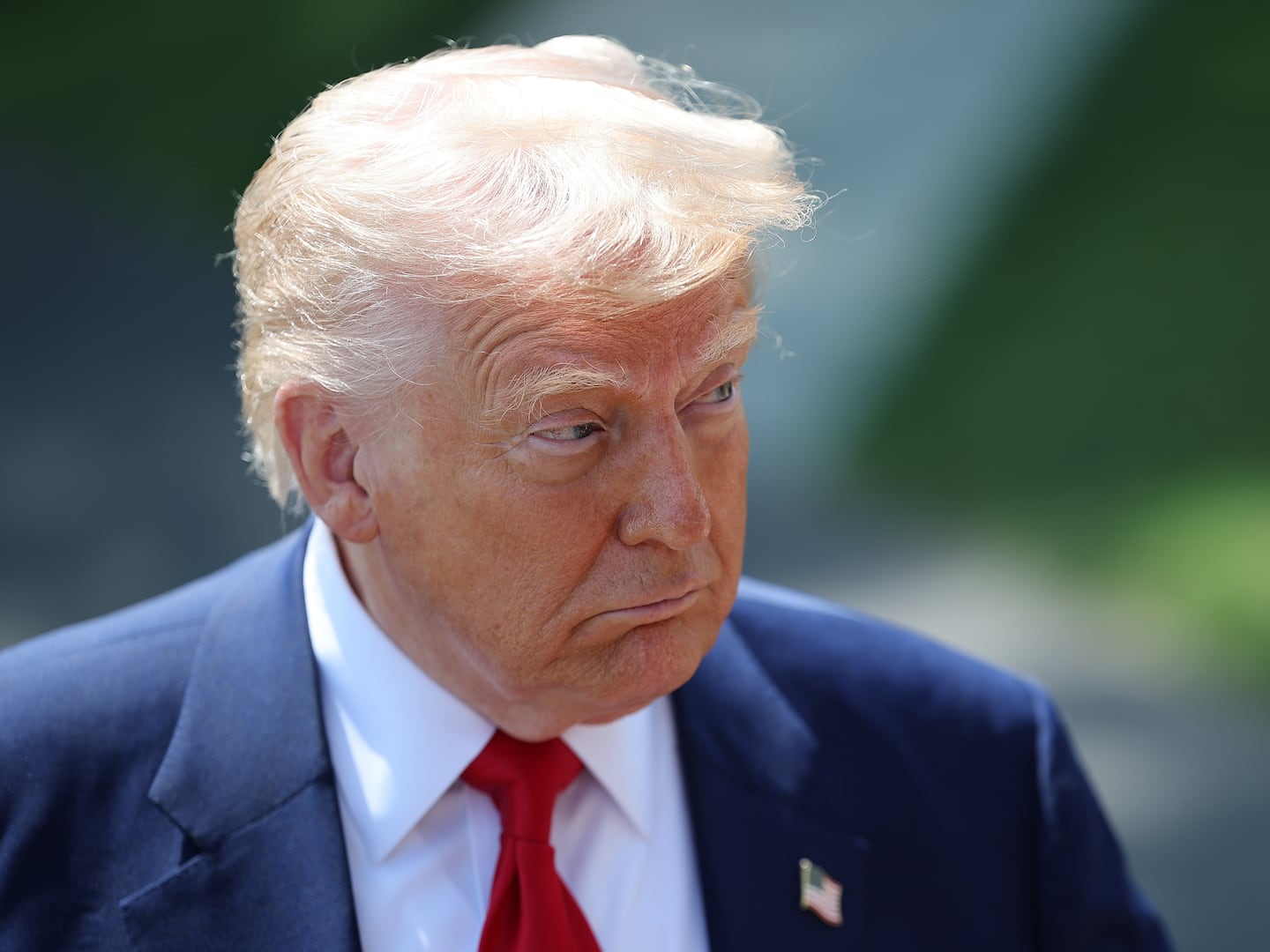Donald Trump’s speech in Warsaw on Thursday was a very good one. Not heavy on policy, the president recommitted America to article 5 of NATO, and also sought to reaffirm his commitment to defending Western civilization. It was exactly the speech he should have delivered. Other conservative Trump critics like Bill Kristol saw it the same way. Marc Thiessen, former chief speechwriter for President George W. Bush, went so far as to call it “one of the best ever given by an American president on foreign soil in my lifetime.”
But others, including some in the mainstream media, saw it as a distressing show of Trump’s nastiest nationalist beliefs. And, for reasons I’m about to discuss, this dichotomy is troubling.
For example, Vox.com tweeted that “Trump’s speech in Poland sounded like an alt-right manifesto.”
As Heritage senior fellow Mike Gonzalez observed: “Are we really this far apart that [Vox] will interpret a call for ‘family, for freedom, for country, and for God’ as alt-right?”
Gonzalez wasn’t being hyperbolic. In fact, the lede to the Vox story read: “This morning in Warsaw, Poland, President Donald Trump issued a battle cry — for “family, for freedom, for country, and for God" — in a speech that often resorted to rhetorical conceits typically used by the European and American alt-right. It sounded, at times, not just like the populists of the present but the populists of the past.”
I guess if leaders like Winston Churchill, Franklin Roosevelt, and Ronald Reagan constitute alt-right populists then it would be fair to consider Trump’s speech in that tradition. In difficult times, great leaders have not shied away from championing these ideas.
In fact, much of the rhetoric was even less politically correct. In his “Finest Hour” speech, Winston Churchill said: “I expect that the Battle of Britain is about to begin. Upon this battle depends the survival of Christian civilization.” It was one of his many references to defending—not just Western civilization—but to what he called “Christendom.” Such inspirational rhetoric—language used to inspire an island nation in peril—would be viewed as xenophobic by many today.
Granted, Western civilization might not be facing the same kind of existential crisis it confronted then, but the rise of ISIS and the reemergence of Russia as a security threat are serious challenges.
Vox went on to note that “Trump cast the West, including the United States and Europe, on the side of ‘civilization.’ With an undercurrent of bellicosity, he spoke of protecting borders, casting himself as a defender not just of territory but of Western ‘values.’” (The scare quotes surrounding ‘civilization’ and ‘values’ are theirs.)
The interesting thing is that nationalists are frequently criticized for viewing America as a place and Americans as a race, but here, Trump is specifically talking about ideas. He is, as they say, being “a defender not just of territory but of Western ‘values.’”
And therein lies the problem. Too many Americans don’t like Western civilization all that much. And they view a preference for Western values—a completely rational and formerly uncontroversial position—as extreme. This worldview suggests that we shouldn’t revere Shakespeare or the Magna Carta, concepts like the rule of law—or “values” like tolerance.
There’s nothing wrong with a nation wanting to protect its sovereign borders, and there’s certainly nothing wrong with valuing ideas that have evolved over centuries to be more humane and enlightened. These liberal norms, traditions, and customs created the freest and most prosperous nation on earth.
History Professor John Fea was among the prominent tweeters suggesting that Trump was channeling something sinister. After the speech, he tweeted: “’The West will never be broken.’ We will defend ‘civilization.’ Trump's speech in Poland has [Steve] Bannon written all over it.“
Frankly, I don’t care if it was written by Steve Bannon, Steve Miller, or The Steve Miller Band, a good speech is a good speech, and the reflexive urge to criticize everything that Trump says is counterproductive and destructive. Members of the media, especially, have a responsibility to call a good speech a good speech--so that we retain the credibility to call a dumb tweet a dumb tweet.
Donald Trump has espoused plenty of abnormal ideas that deserve to be challenged and criticized. But when we treat normal ideas as toxic ones we are doing several things — none of them good.
First, of course, we are exposing bias. Some people simply won’t give the guy a fair shake.
Second, we are betraying a worldview that is clearly out of touch with America. I’m pretty sure
that most Americans are just fine with celebrating Western Civilization.
And third, when we conflate traditional ideas with extreme ones, we are telling rank-and-file Americans that Trump is their “team.”
Sadly, we live in an increasingly polarized world where tribalism is ascendant. A few of us like to live on the edges, but it’s generally safer to pick a side. Imagine you are presented with a choice: You can either join the team that is “family, for freedom, for country, and for God" (by Vox’s definition, this would put you in the Trump camp) or the people who oppose those “values.”
I’ve been very critical of Trump, but if all I knew about politics was that this was the dividing line, I suppose I would have to join the “Make America Great Again” crowd. The danger here is that this false choice is pushing mainstream conservatives and regular traditional Americans into the camp where the actual alt-righters and nationalists live.






